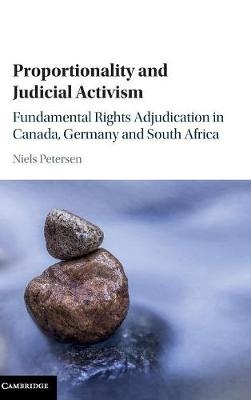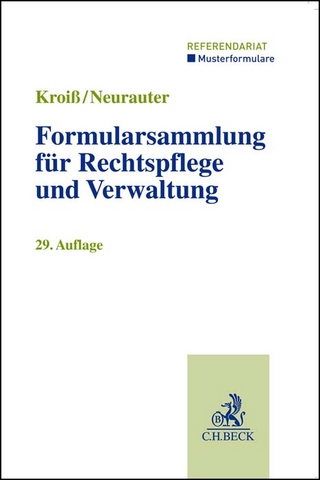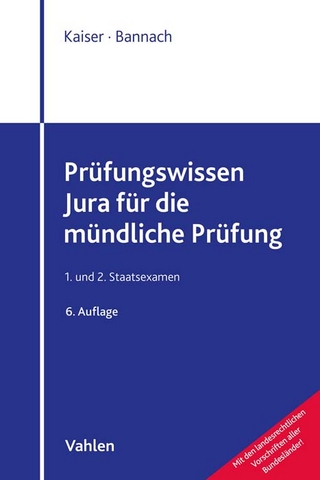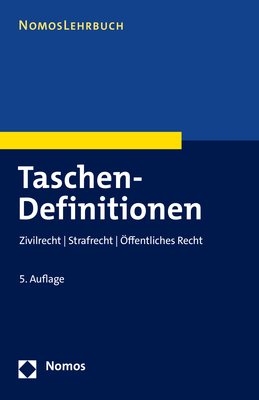
Proportionality and Judicial Activism
Fundamental Rights Adjudication in Canada, Germany and South Africa
Seiten
2017
Cambridge University Press (Verlag)
978-1-107-17798-7 (ISBN)
Cambridge University Press (Verlag)
978-1-107-17798-7 (ISBN)
This book analyses the predominant tool of fundamental rights review in the world - the proportionality test. An empirical and comparative analysis of courts in Canada, Germany and South Africa, it shows that courts avoid using proportionality as a means to make policy through legal decision making.
The principle of proportionality is currently one of the most discussed topics in the field of comparative constitutional law. Many critics claim that courts use the proportionality test as an instrument of judicial self-empowerment. Proportionality and Judicial Activism tests this hypothesis empirically; it systematically and comparatively analyses the fundamental rights jurisprudence of the Canadian Supreme Court, the German Federal Constitutional Court and the South African Constitutional Court. The book shows that the proportionality test does give judges a considerable amount of discretion. However, this analytical openness does not necessarily lead to judicial activism. Instead, judges are faced with significant institutional constraints, as a result of which all three examined courts refrain from using proportionality for purposes of judicial activism.
The principle of proportionality is currently one of the most discussed topics in the field of comparative constitutional law. Many critics claim that courts use the proportionality test as an instrument of judicial self-empowerment. Proportionality and Judicial Activism tests this hypothesis empirically; it systematically and comparatively analyses the fundamental rights jurisprudence of the Canadian Supreme Court, the German Federal Constitutional Court and the South African Constitutional Court. The book shows that the proportionality test does give judges a considerable amount of discretion. However, this analytical openness does not necessarily lead to judicial activism. Instead, judges are faced with significant institutional constraints, as a result of which all three examined courts refrain from using proportionality for purposes of judicial activism.
Niels Petersen is Professor of Public Law, International Law and EU Law at Westfälische Wilhelms-Universität Münster, Germany. He is the author of a number of articles published in leading comparative constitutional law journals.
Introduction; 1. Judicial review and the correction of political market failures; 2. The normative debate on balancing; 3. Balancing and judicial legitimacy; 4. Proportionality as a doctrinal construction; 5. The avoidance of balancing; 6. Rationalising balancing; Conclusion: proportionality and the review of legislative rationality.
| Erscheinungsdatum | 28.02.2017 |
|---|---|
| Zusatzinfo | Worked examples or Exercises; 1 Halftones, black and white |
| Verlagsort | Cambridge |
| Sprache | englisch |
| Maße | 159 x 236 mm |
| Gewicht | 520 g |
| Themenwelt | Recht / Steuern ► Allgemeines / Lexika |
| Recht / Steuern ► EU / Internationales Recht | |
| Recht / Steuern ► Öffentliches Recht | |
| ISBN-10 | 1-107-17798-7 / 1107177987 |
| ISBN-13 | 978-1-107-17798-7 / 9781107177987 |
| Zustand | Neuware |
| Haben Sie eine Frage zum Produkt? |
Mehr entdecken
aus dem Bereich
aus dem Bereich
Zivilrecht | Strafrecht | Öffentliches Recht
Buch | Softcover (2022)
Nomos (Verlag)
19,90 €


